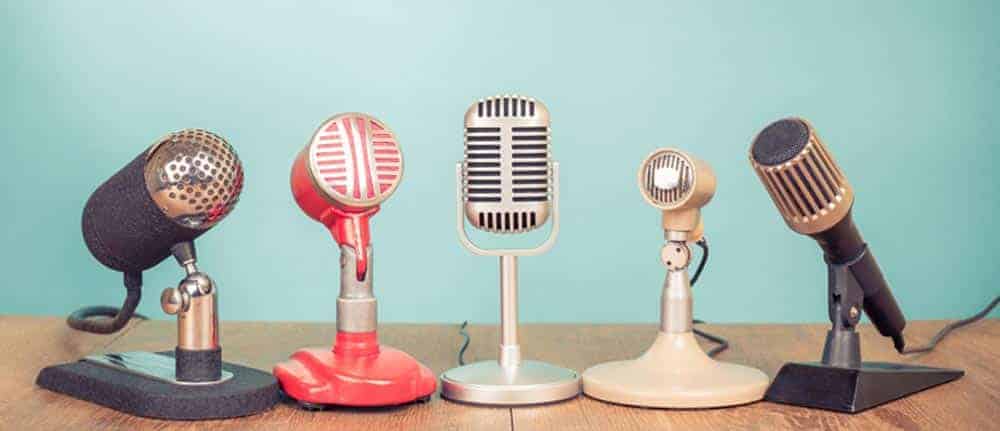Decompilation and intellectual property


This is not a legal text. The presumption of innocence applies and computer programs are protected by copyright. Software is an interesting commodity from a technical point of view: it is the transformation of an idea into an algorithm, this algorithm is usually formulated in a higher programming language, then compiled, i.e. translated into executable code that can then run on a real machine. It is the path from the idea to an executable program.
What is just an idea, what is an individual intellectual creation and whether there can be patents for algorithms has been the subject of heated debate among lawyers and computer scientists for many years.
The accusation of intellectual theft has several dimensions, few of which are addressed by the Spiegel text in issue 46/2021 and a report in the ARD television magazine Fakt from November 16 of this year - easily googled with: ARD MDR FAKT SAP.
The banal core of the accusation is that SAP looked into the neighbor's garden with the help of a university institute. Apparently, it was commissioned to analyze the competitor's software. For the time being, this is classic competitor observation, similar to when VW CEO Herbert Diess takes a few laps in a Tesla to see if his colleague Elon Musk can build real cars. Probably all the European carmakers sat in a Tesla to get a few ideas, and then the engineers probably opened the hood.
Practical reason now says that both the Tesla for Elon Musk and Harry Potter for Joanne Kathleen Rowling and a specific in-memory computing database for Teradata carry the circumstance of intellectual property. To protect individual intellectual creation, no one may copy a Tesla, write a Harry Potter novel, or reprogram Teradata's software.
The conflict does not arise from the fact that the Tesla is given new rims and the roof is dismantled to make it a convertible - which in any case is an interference with Elon Musk's creation. Nor does intellectual property theft occur when a Harry Potter book is made into a papier-mâché sculpture, which may not be to Joanne Kathleen Rowling's taste. But according to the law, authorship is violated when software is decompiled into any programming language that the intellectual creator may not even know or be able to read.
The legal definition of what may be done with software leads to the case of conflict and not the fact whether there is an individual intellectual creation here. This circumstance is excellently described in a CT article (Heise) in 24/2021 on page 172. Summarized in layman's terms: With the license of a software one has hardly any rights. Definitely it may not be examined, what was acquired here. Whether it is a plagiarism or an individual intellectual creation - it is forbidden to decompile the software. "Equally protected are the rights to translation, adaptation, arrangement and other reworking," CT writes. Giving a Tesla new wheels and a spoiler seems to be allowed, but giving a computer program more power is not.






